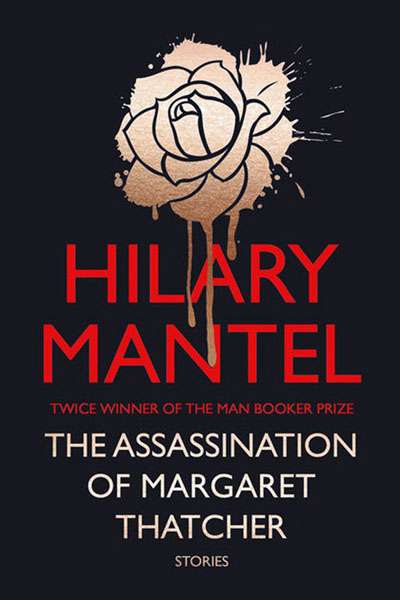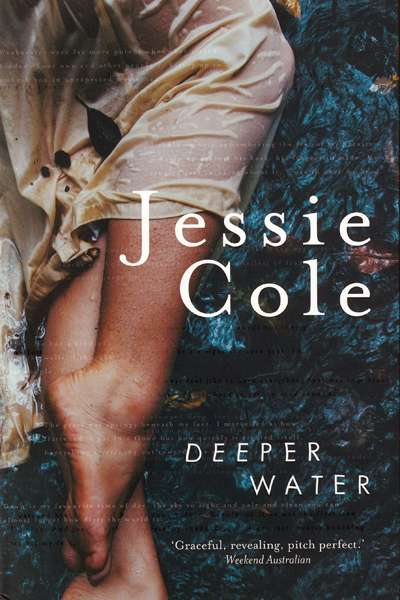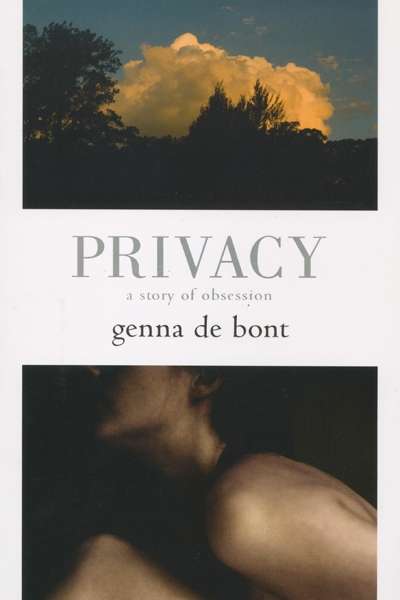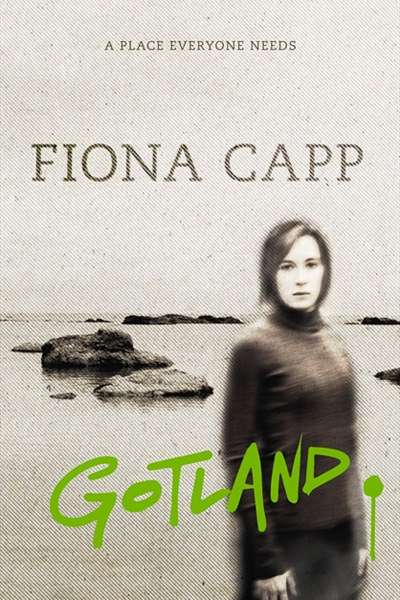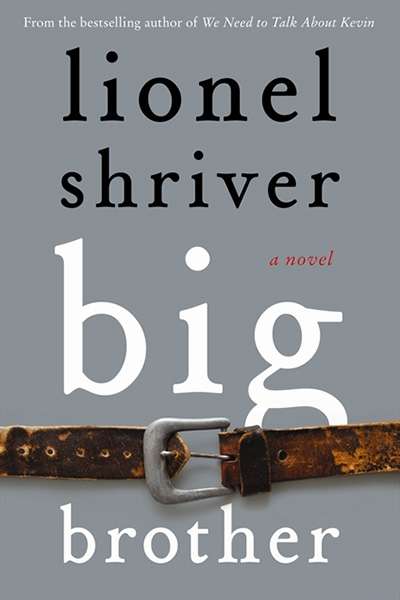Telling the stories of brothers Tyler and Barrett, with interspersing brief moments from their lovers and mothers, Michael Cunningham’s The Snow Queen reunites its author with a familiar subject: the sublimity of the ordinary.
Barrett is a failed academic whose scholarly pursuits have dried up long before they should have begun to do so, while his romantic life is one mostly mediated by text messages and bottles of Pepsi. His brother fares no better, with dreams of a future career in music and an ever-growing drug habit. Tyler’s girlfriend, Beth, meanwhile is deteriorating before him, afflicted by a terminal cancer and existing like one of the many snowflakes that blows into his bedroom window – beautiful and present but inevitably destined to melt away in his hands.
...
(read more)


